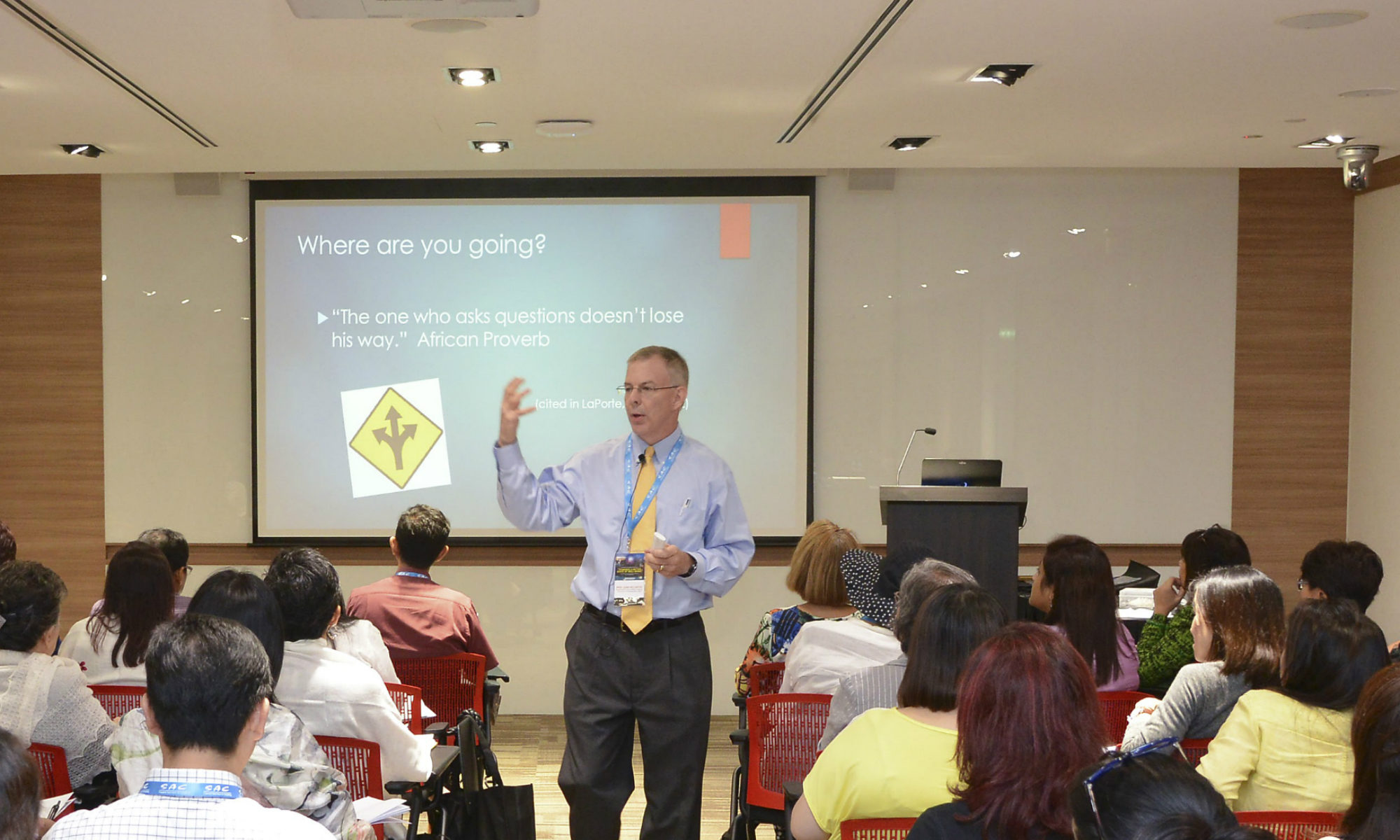Translated from Norwegian, the word “fram” means onward or forward, making it an ideal name for a ship with a “full steam ahead” mentality.
One rather famous European ship has that very name. This “Fram” was designed specifically for polar research in the late 1800s. Funded in part by the Norwegian Parliament, the Fram was created to do something never done before: explore artic waters. Other ships had failed, getting crushed by the pressure of the ice.
Fridtjof Nansen had another idea: don’t meet force with force. Instead of trying to send ships through the massive ice of the Arctic Ocean, he devised a vessel that could withstand such barriers and stay at sea for years. The innovative design—one never used previously—resulted in a vessel with a hull that would be lifted upward by the ice. In addition, the Fram had a reinforced stern and rudder to further allow for ice-resistant strength, all the while being large enough for adequate crew and dogs to spend years at sea.
Launched in Larvik in 1892, the Fram was highly successfully on three long-term expeditions. In addition to her initial three-year Arctic Ocean expedition, the Fram found her way to the Nunavut region of Canada (1898-1902) and to Antarctica (1910-1912).
The “reverse” idea—a ship that went with the pressure of the ice instead of against it—was transformational in her success. According to the Fram Museum, “Today, she occupies a unique position in the history of exploration, being the ship with the record of sailing both furthest north and furthest south of any.” Now over 130 years old, the Fram is on display at the museum in Norway.
Yet the story isn’t moored there. Fly about 4500 miles due west to the east edge of Lake Union in Seattle where another “Fram”—a neighborhood, dog-friendly café—resides.
The owners, Tina Donahue and Gabe Hajiani, were taken by the Fram story while mountain biking in Norway in 2018, a time when they were struggling with how to develop their Seattle property.
Gabe and Tina knew what they wanted to do: create a design forward, multi-use project that would give also something back to the neighborhood. They also wanted to remain on the property, but the process of assembling a group to make it happen simply wasn’t jelling.
The Fram story emboldened their belief in the power of creative problem solving. It was then they resolved only to work with a team that was willing to share this belief. “They [the ship developers] needed to put a team together that believed in creativity and using creative problem-solving as a tool,” Gabe said. Nansen’s collaboration 125 years prior pushed the couple to move onward, just as the word “fram” suggests, and assemble the right project team for what they were trying to achieve.
With the couple’s experience in technology and architecture, they sought outside expertise in making their dream happen over the next three years. They envisioned a multi-family, multi-use site that, according to Gabe, “hoped to reach beyond a building into a third place for the neighborhood.”
The café feature of the site opened last October, and deciding on its name was obvious to Tina.
“I had a bunch of stupid ideas,” Gabe confessed, “but Tina said, ‘No, we’re going to name it Fram. That’s where it all crystallized for us.’”
His response? “Oh, yeah. Of course.”
And this creative Fram sails forward.

